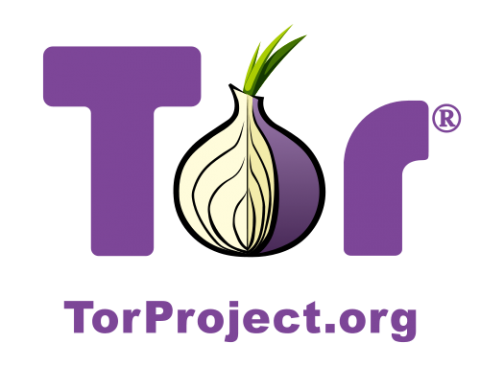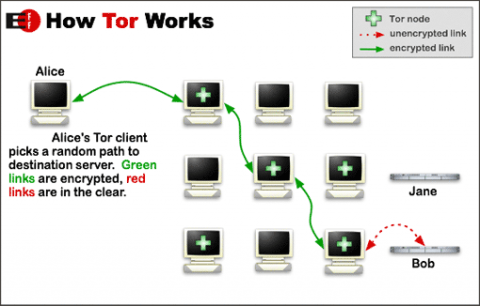I want to hit pause on cooking and eating for just one minute, folks, and take this opportunity to talk about a different kind of onion.
It’s been a while since I’ve used my little soapbox, here, to plug a cause. Ages ago, it feels like, I spent some time talking about Kiva. Almost as long ago, it was Creative Commons. Every now and then, I yank my head up out of the sand and implore you all to support something or another. Because there’s lots of super-easy push-button do-gooderism out there on the Internet that actually — you know — does some good. And because having the ability to drone on endlessly about the minutia of food and politics depends a great deal on a giant pile of privileged positions: having enough to eat to begin with, or having (relatively speaking) the freedom to say what I want, or having some assurance that I’m not going to get a visit at home from goons — corporate, or government-sponsored, or otherwise — for exercising that freedom.
And that’s where today’s cause comes in. I want to talk to you about the Tor Project.

Unless you already care about the technical bits of the Internet, the Tor Project is relatively obscure. But Tor, which is also sometimes called “the onion router,” serves a vital function in our surveilled age: privacy.
What Tor’s service does, in a nutshell (by which I mean, in a Wikipedia blurb) is:
direct internet traffic through a worldwide volunteer network of servers to conceal a user’s location or usage from anyone conducting network surveillance or traffic analysis. Using Tor makes it more difficult to trace Internet activity, including “visits to Web sites, online posts, instant messages and other communication forms,” back to the user and is intended to protect users’ personal privacy, freedom, and ability to conduct confidential business by keeping their internet activities from being monitored.
This means that while Tor will not protect you from sites like Facebook, where you trade away your personal information as a currency in return for access, it does protect you from your ISP, which collects information about your browsing habits and sells it to places like marketing firms. It does protect you from government snoops — in places like China where the Internet is censored, and in places like the United States, too, where we don’t actually know the extent to which the government wiretaps its citizens. And it does protect you from anybody else who would like to correlate your presence on the Internet — your IP address — with some physical, geographical location in the world.

Basically: you install and configure their software; you follow the directions for how to use it effectively; and you disappear into Internet anonymity, except when you choose to reveal something about yourself.
Tor has developed a kind of reputation, because services like Silk Road, which utilize online anonymity to deal in illicit goods, are run through it. And because Tor can (and often is) used by pirates, fraudsters, money launderers, and worse. One article in The Economist gets way dramatic and calls it a dark corner of the Internet — whatever that means.
But the truth of the matter is that the onion router project was created by the U.S. Naval Research Laboratory to protect U.S. government communications. It receives support from the Electronic Frontier Foundation, who consider it essential to preserving liberty on the internet. The National Science Foundation and the government of Sweden both give it financial support. And so does the U.S. State Department — because, as the folks from the Boston Globe write, it provides potentially life-saving online security and privacy in places – such as Iran and Syria – where political dissidents often are dealt with harshly.
Like any technology, from DVD ripping software to heavy chunks of stone, Tor, of course, can be used for good or for ill. but that’s no reason to paint the whole thing as the domain of some nefarious criminal cabal.
As the folks at the Tor Project themselves say: it’s a technology that’s used by normal folks to protect their privacy from data miners; it’s used by journalists who work with sensitive material, or who need to ensure the privacy of their informants; it’s used by activist organizations who are sometimes mistaken for, or miscast as, threats to national security; and it is used by law enforcement itself, as a vital tool for protecting the anonymity of officers who have gone “undercover,” online.
I am, of course, not going to try and hard sell you into donating. Please do ignore me if this is not your cup of tea. But I will say: though I chose to use my real name for most of my online activity, I tend to agree with the Electronic Frontier Foundation. Having the option to be anonymous — having the ability, if needed, to disappear online — is vital to maintaining a free and open internet.
The Tor Project is a US 501(c)(3) non-profit, which means that if you’re in the United States, donations are tax deductible. You can donate super easily through PayPal, Amazon Payments, or any one of a number of other services, by clicking here.
For more information … uh … Google “Tor Project.” You’ll get the whole technical enchilada on page one, as well as plenty of pro-con debate.
Mmmm … Onions.